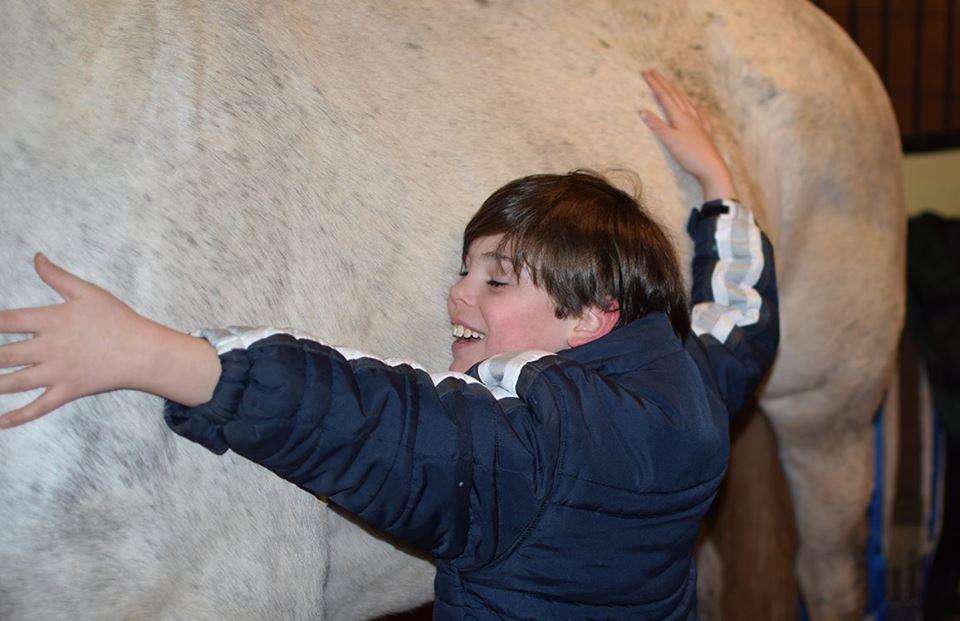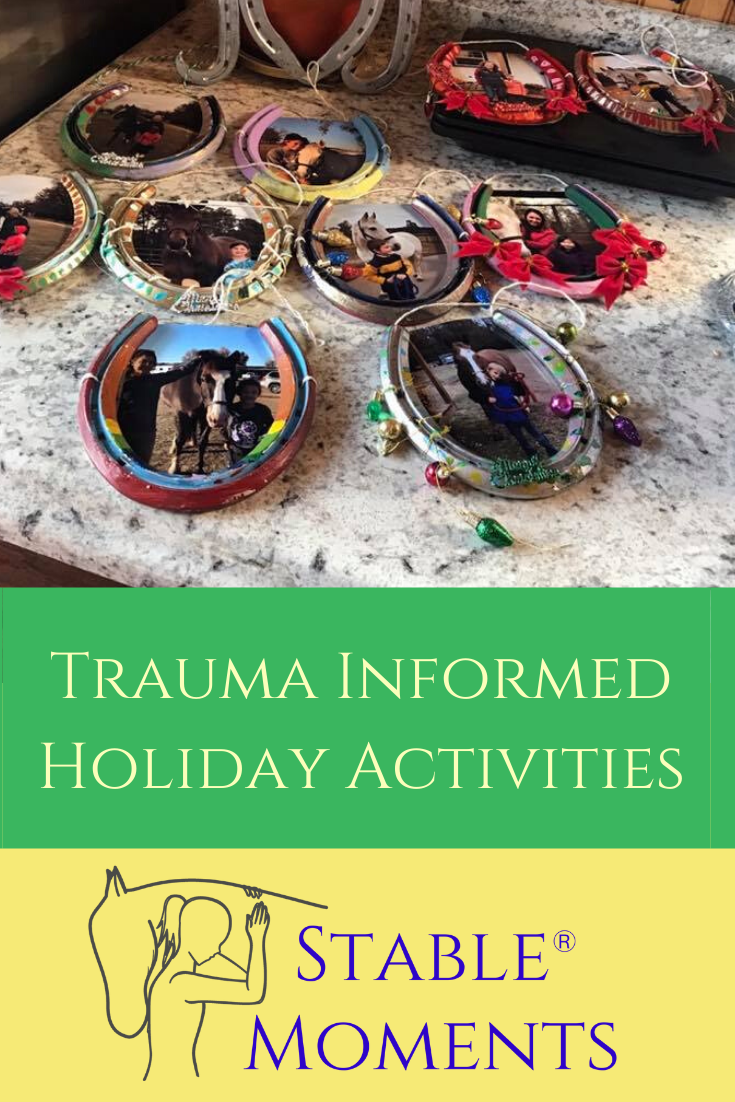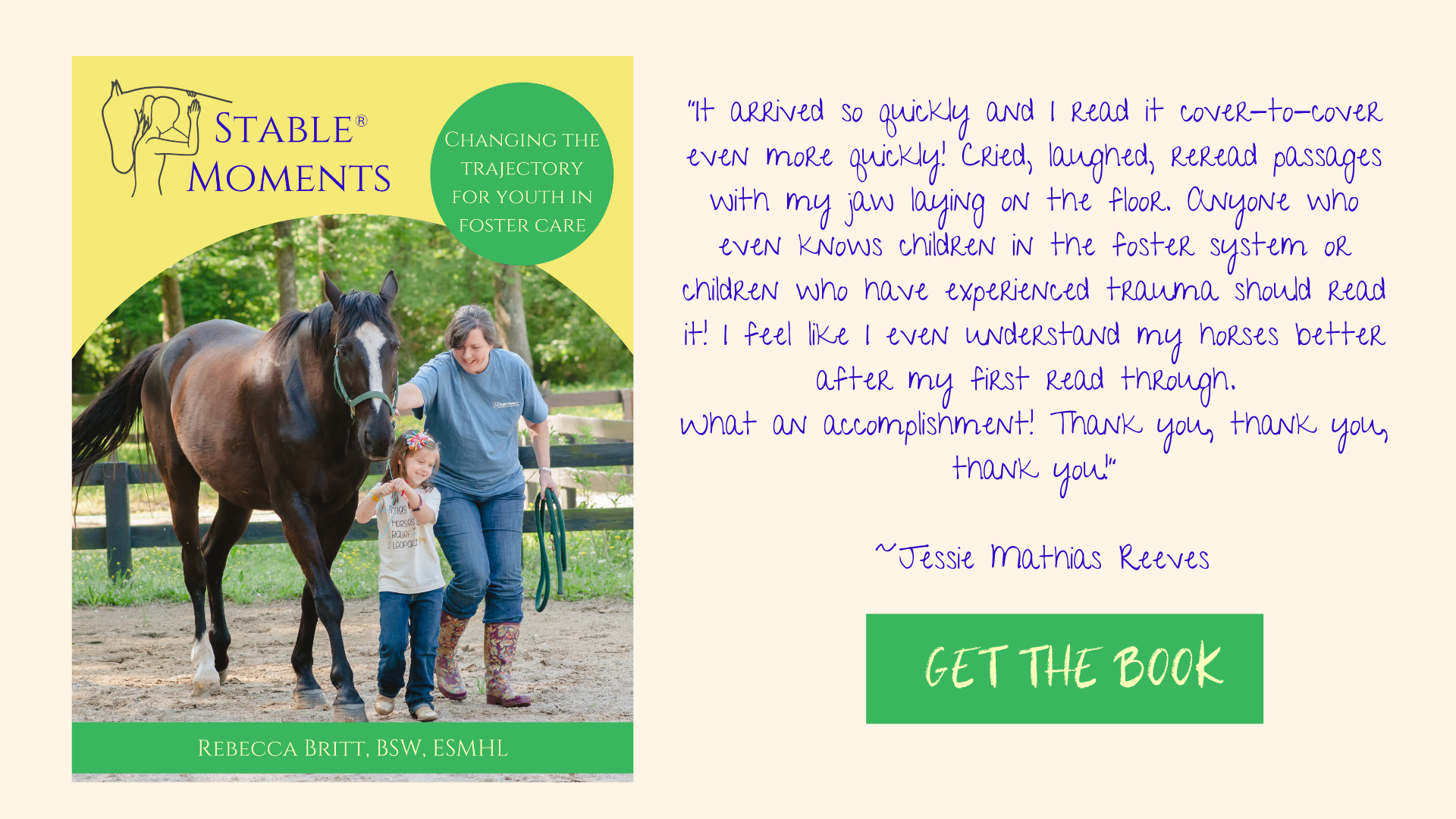Trauma Informed Holiday Activities
Dec 16, 2019First off, I have to start this post with cultural sensitivity. Never assume a child in foster care celebrates a particular holiday. Even if they are in a home that celebrates a particular holiday, that may not be their beliefs or traditions. So how do we foster relationships during this holiday season in a trauma informed, culturally sensitive way?

1. Don't Make Assumptions
This might seem obvious but rather than planning activities for the holidays and expecting a child to be as excited as we are, involve them in the planning. First, understand if they celebrate any holidays. Get curious with their traditions, about how they would like to enjoy the season. Also, be ready and make space for the possibility that this is a very unhappy time of year for them. This may be a time they are really missing their family and we need to be sensitive to that. Read more about that here.
Ask if there is anything that they would like to do? If that is too broad, you can suggest making cards or gifts for others, decorating something to take home, etc. You may even suggest writing a card or making a gift for their biological parent, even if they won't be able to actually give it to them. The point here is that they feel some sort of ownership over the activity while honoring their feelings about the holidays.
2. Build Relationships
Always choose activities and traditions that build relationships. For children who have endured early developmental trauma, simply giving them a gift can be counterproductive. I know many organizations will get gifts donated to give to the kids, but for these kids this is very transactional. It becomes more about what they can get rather than building a relationship with you. Rather than giving a gift try making gifts for each other. This can be as simple as a card, or a necklace, or with some planning it can be something bigger.

These horse shoe ornaments made by our Louisiana location Making a New Way are perfect for many reasons. Children can make them with their mentors, building their creativity, self-esteem and confidence, by making something they're proud of. Having both the mentor and
child make one, builds their relationship
as the child knows the mentor will be bringing a picture of them home as well. The children take these home and with them if they move homes, so they have something that always ties them to the barn, their horse and mentor. These take
a bit of planning as you will want a picture taken and printed and of course the materials to make them.
3. Build Empathy
Creating items for others is a great way
to build empathy. Ask questions like,
"what do you think your horse would like," or "what do you think your foster brother would like," "what can we do for them?" This might mean doing something special for the horse, like decorating the stall. This may mean making something for someone in their family. Make a plan with the child, of how they're going to give the item, or present the gesture. Do they want to offer it as soon as they see the person, do they want to wait for a special day? You can help facilitate this at the barn, or if they want to do it away from the barn, always remember to ask them how it went. How did it feel to give to someone else? How might we be able to do that more often than the holidays?
It's not about the things for these kids. It's that you value them, ask them, get creative with them, become part of their journey and not only develop a meaningful, healthy relationship with them, but teach them how to do that with others. Happy Holidays!

One child. One hour a week. One life changed.
Learn how to launch a program today.
Get new activities and trauma tidbits straight to your inbox!
We hate SPAM. We will never sell your information, for any reason.


